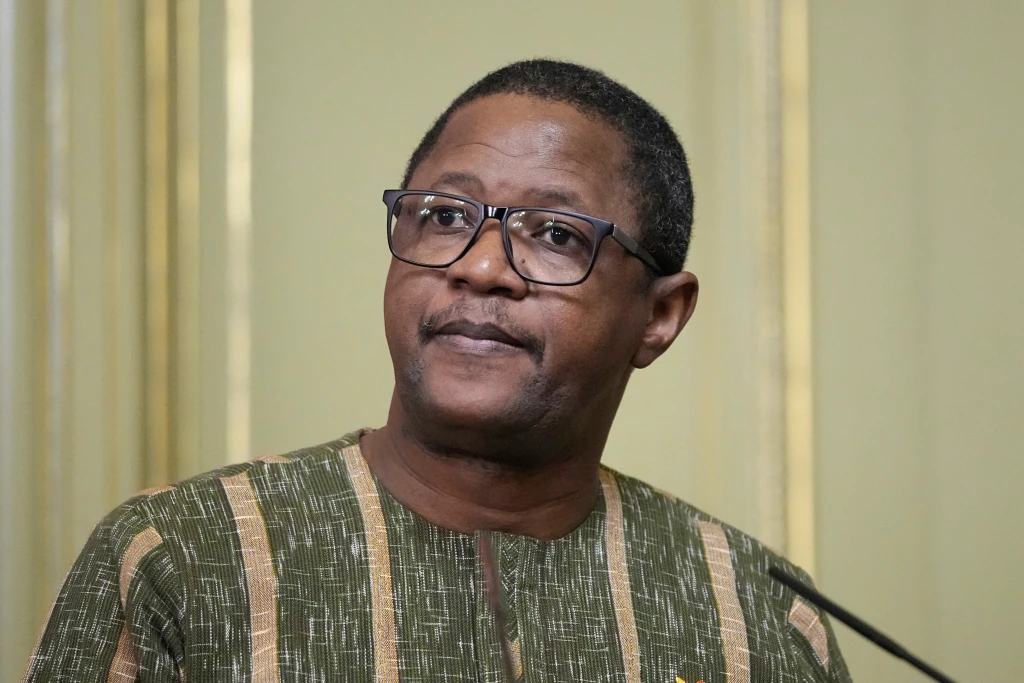
Experts in agricultural industry have embarked on developing a comprehensive roadmap to disrupt financial flows into industrial agriculture, instead champion funding for agroecology.
Building on Alliance for Food Sovereignty in Africa (AFSA)’s Healthy Soil Healthy Food initiative, participants will explore strategies to address the financial imbalances focusing on shifting investments towards sustainable farming practices that ensure food sovereignty.
Speaking on Thursday when she opened the three-day meeting at Maanzoni, National Coordinator of BIBA Kenya Anne Maina, said industrial agriculture is an extractive, monoculture-driven model that undermines food sovereignty, depletes our soils and erodes the resilience of our farmers
“Despite the overwhelming evidence of agro-ecology’s benefits for climate resilience, biodiversity and nutrition, financial flows continue to prop up industrial agriculture at the expense of people and the planet,” she added.
“There is a need to come up with a campaign strategy to disrupt the financial systems that sustain industrial agriculture and redirect resources to agro-ecological practices that nurture our soils, sustain our livelihoods, and secure our food systems,” Maina said.
She added that farmers and communities deserve investment and therefore need to mobilise resources for agro ecology, develop concrete advocacy action that will drive change at local, national and continental levels and also strengthen collaboration between civil society, researchers, and policymakers to unify our voices and efforts in reclaiming Africa’s food systems.
AFSA General Coordinator Million Belay said that over the past years, they have made significant strides and produced 12 insightful case studies across eight countries on agro ecology.
“We launched the Healthy Soil, Healthy Food Initiative, forging new paths in sustainable land use and food sovereignty as well as integration of agro ecological principles into the African Union’s Land Governance Strategy and nurtured vital platforms like Our Land is Our Life,” he explained.
On climate advocacy, Belay added that they have also managed to engage with the Africa Group of Negotiators; launching national agroecology platforms across countries such as Ghana, Cameroon, Uganda, and Togo who have solidified agroecology’s role in climate resilience.
He noted that their “Seed is Life” campaign and the burgeoning continental seed sovereignty movement have empowered farmers’ seed rights and hence they would be launching the AFSA AfCFTA book which details the merits and demerits to Africans.
Last year in October, Balay noted that AFSA and other CSOs launched EU-AU Civil Society Engagement Mechanism as a platform to engage the EU-AU partnership engagement and whose one of the focus is finance that comes to Africa.
“The Civil Society Engagement Mechanism (CSEM) seeks to include the voices of the people and meaningfully engage them in the AU-EU Partnership in order to yield effective and legitimate decisions,” he said.
Together, Belay reiterated the need to forge a future where agroecology and food sovereignty are not only recognized but are the cornerstones of agricultural and climate policies.
A study by Centre for Agro ecology, Water and Resilience (CAWR) at Coventry University found that only 2.7 percent of the EU disbursements to FAO, IFAD and WFP between 2016 and 2018 flowed to projects supporting agro ecology and this is a clear indication on need to increase transparency around these financial flows.
- A Tell / KNA report / By Wangari Ndirangu
PIC 1: Million Belay, AFSA General Coordinator giving the key note during a workshop on shifting financial power from industrial to agro-ecology.
PIC 2: Agro-ecology farming experts. They are calling on more funding for agro-ecology.
2 Attachments • Scanned by Gmail







